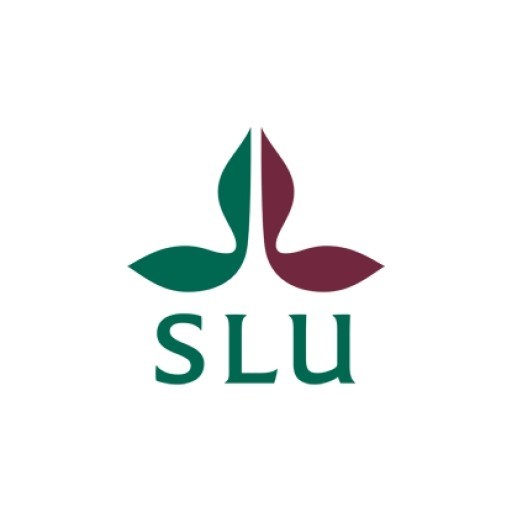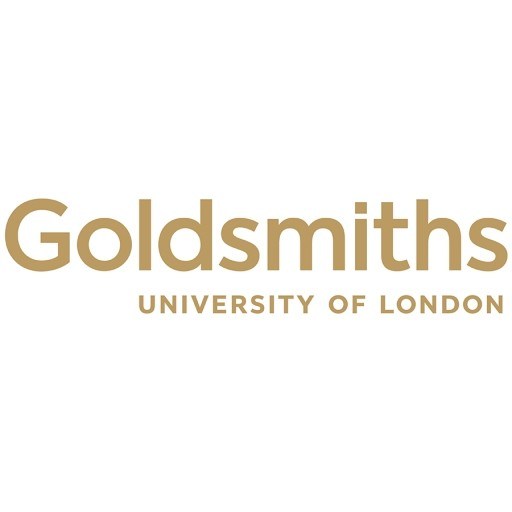Photos of university / #umeauniversitet
The Bachelor's Programme in Life Science at Umeå University offers students a comprehensive education in the fundamental biological processes that underpin all living organisms. Designed for individuals passionate about understanding the complexities of life, this program provides a broad foundation in biology, biochemistry, genetics, ecology, and molecular biology. Throughout the programme, students will explore the mechanisms of cell function, genetic inheritance, biological diversity, and environmental interactions, equipping them with essential knowledge and skills applicable in numerous career paths within science, healthcare, and environmental sectors.
The curriculum combines theoretical courses with practical laboratory work, fostering hands-on experience and critical thinking. Students have the opportunity to engage in research projects, internships, and collaborative work, which enhances their analytical abilities and prepares them for further academic studies or professional endeavors. The program emphasizes sustainable development and ethical considerations in biological research, encouraging students to contribute responsibly to society’s challenges such as health issues, environmental protection, and biodiversity conservation.
Umeå University's active research environment provides students with access to state-of-the-art facilities and pioneering projects led by experienced faculty members. The program offers specializations in areas like molecular biology, ecology, and biotechnology, enabling students to tailor their studies to their interests and career goals. Graduates from the Life Science programme are well-equipped to pursue master's degrees, work in laboratories, healthcare, environmental consultancy, education, or science communication.
Language of instruction is primarily English, facilitating international collaboration and employability. The program also emphasizes development of communication skills, teamwork, and problem-solving capacities, which are vital in today's global scientific community. Through this comprehensive education, students will gain not only in-depth scientific knowledge but also the analytical and ethical mindset necessary to contribute effectively to advances in biological sciences and their applications for societal benefit.
Detailed Course Facts
Application deadline January 15 Tuition fee- Free
- EUR 14950 Year (Non-EEA)
Tuition fee, first instalment: SEK 67500
Total fee: SEK 405000
Duration full-time 36 months Languages Take an IELTS test
- English
Course Content
After you have attained a Bachelor of Science degree, you can continue your studies on a master programme. Then you will study five years in total.
English Language Requirements
IELTS band : 5.5 TOEFL paper-based test score : 530 TOEFL iBT® test : 72
To study at this university, you have to speak English. We advice you to
take an IELTS test. More About IELTSRequirements
Basic entrance requirements for higher studies (a successfully completed upper secondary education (post-16)). Specific requirements: The following course levels from Swedish Upper Secondary School (Gymnasium) English course A, Biology course B, Chemistry course B, Physics course A and Mathematics course D or the equivalent.
Work Experience
No work experience is required.
Related Scholarships*
- Academic Excellence Scholarship
"The Academic Excellence Scholarship can provide up to a 50 % reduction in tuition per semester. These scholarships will be renewed if the student maintains superior academic performance during each semester of their 3-year Bachelor programme. The scholarship will be directly applied to the student’s tuition fees."
- Alumni Study Travel Fund
Scholarships for students who are already attending the University of Reading.
- Amsterdam Merit Scholarships
The University of Amsterdam aims to attract the world’s brightest students to its international classrooms. Outstanding students from outside the European Economic Area can apply for an Amsterdam Merit Scholarship.
* The scholarships shown on this page are suggestions first and foremost. They could be offered by other organisations than Umea University.
The Life Science program at Umeå University offers a comprehensive education designed to prepare students for a wide range of careers within the biological and health sciences. The curriculum focuses on understanding the fundamental principles of living organisms, from molecular and cellular levels to entire ecosystems. Students gain a strong foundation in biology, biochemistry, genetics, physiology, and ecology, which is complemented by practical laboratory work and field studies that enhance hands-on skills and experimental competence.
Throughout the program, students are encouraged to develop critical thinking and problem-solving abilities, enabling them to analyze complex biological issues and contribute to advancements in health, agriculture, environmental conservation, and biotechnology. The coursework emphasizes the application of scientific methods, data analysis, and modern technology, such as bioinformatics and microscopy, to explore living systems.
Umeå University provides state-of-the-art laboratories and research facilities, facilitating active learning and innovative research opportunities for students early in their education. The program also includes collaboration with industry partners and research institutions, providing students with valuable networking opportunities and insights into real-world applications of their knowledge.
Students can tailor their studies through elective courses and specialized tracks, such as molecular biology, environmental biology, or medical sciences, to align with their interests and career goals. The program prepares graduates for further studies, including Master's programs and PhD research, or directly equips them for employment in sectors like healthcare, environmental management, biotechnology, pharmaceuticals, and conservation.
Environmental sustainability and ethical considerations are integral to the program, reflecting Umeå University's commitment to responsible scientific practice. Graduates leave with not only a robust scientific understanding but also a global perspective on the challenges and opportunities in the life sciences. The program's multidisciplinary approach ensures that students are well-equipped to contribute to society through research, innovation, and sustainability efforts.
The duration of the bachelor’s degree is typically three years, and upon completion, students receive a Bachelor of Science degree in Life Science. The program is conducted primarily in English, making it accessible to international students and fostering a diverse academic environment. Umeå University's strong research profile and active student community provide an enriching educational experience with opportunities for internships, exchanges, and participation in cutting-edge research projects.
Overall, the Life Science program at Umeå University aims to cultivate skilled, knowledgeable, and responsible scientists who are prepared to address the biological challenges facing society today.









